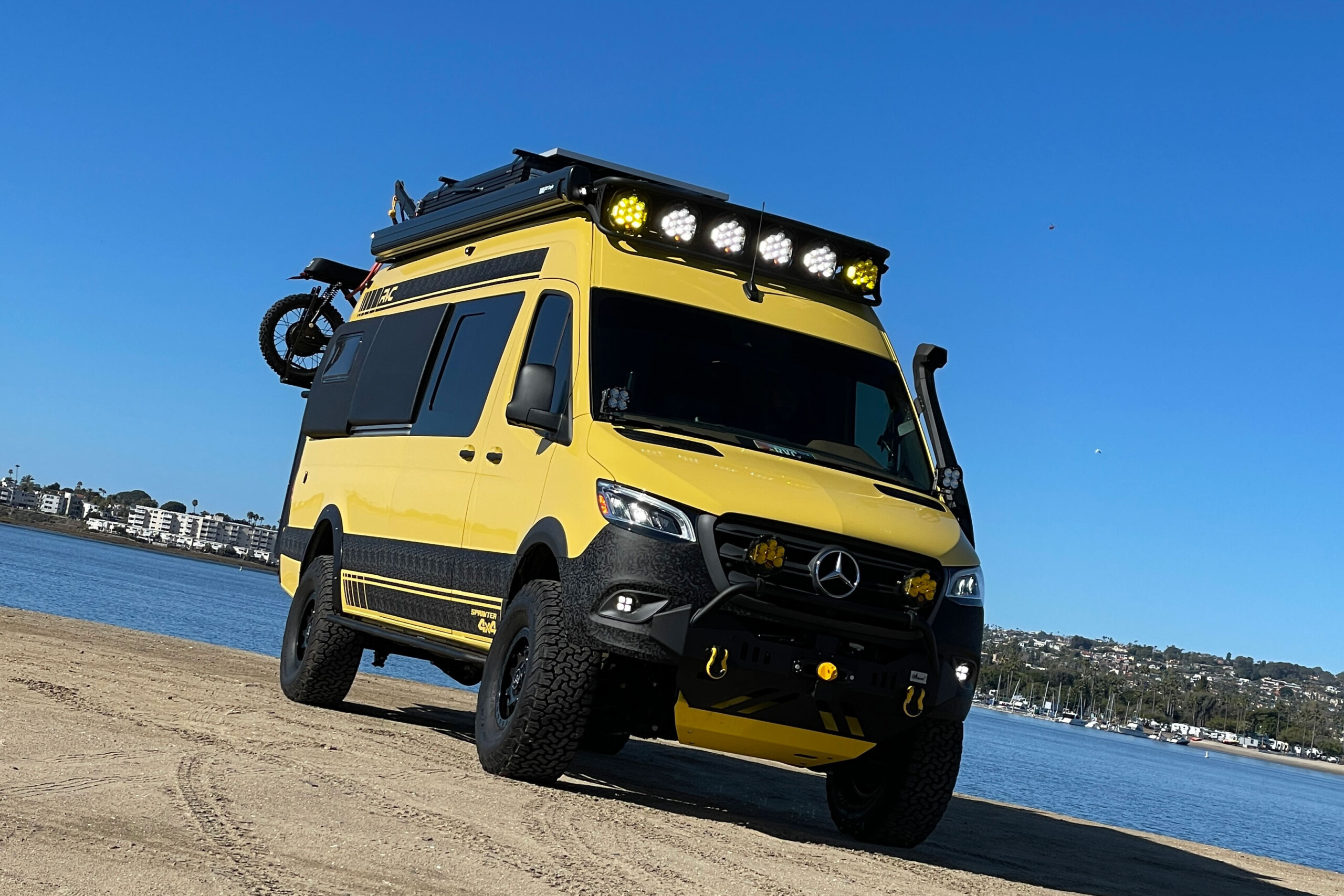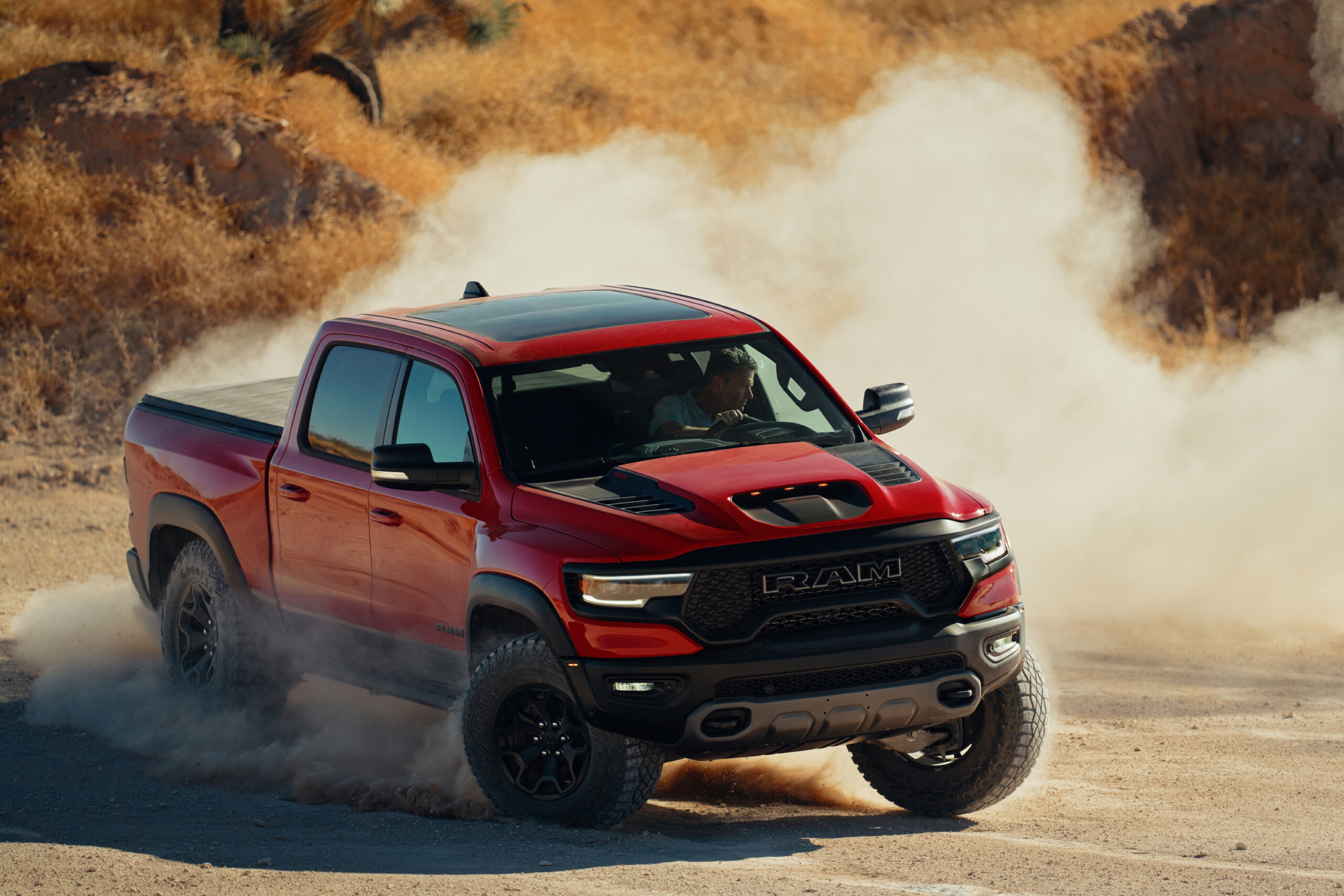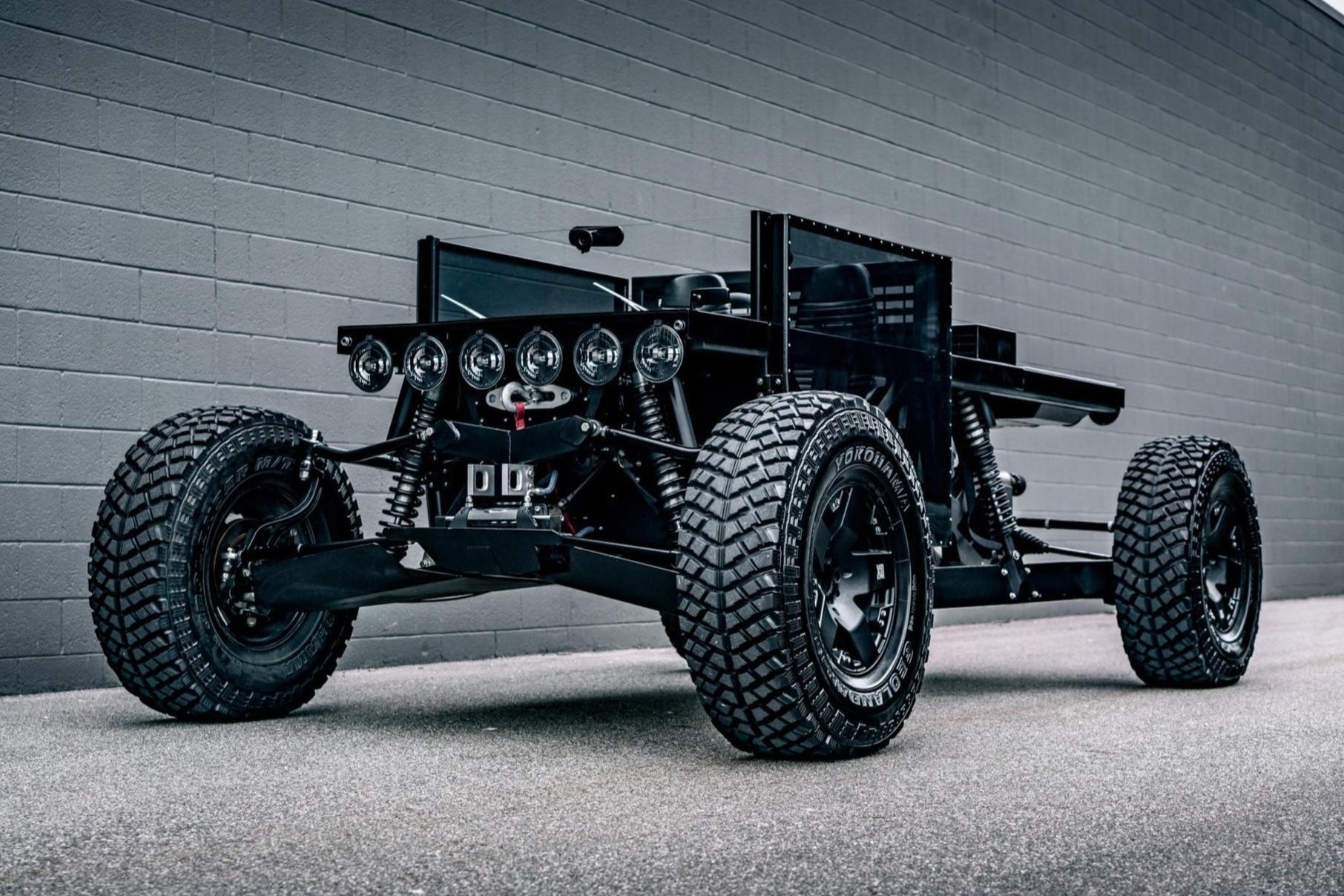At the 2015 SEMA Show, Lithium Pros released the PowerPro P3426 lithium iron phosphate battery designed for automotive and marine racing applications. Now for 2016 it’s time to introduce you to its little brother, the PowerPro P680. We had the opportunity to talk to the President of Lithium Pros, Kevin Bennett, to get a little more info on the P680 and the company’s PowerPro series of lithium-ion batteries in general.
“The P680 was designed specifically for UTVs and other small engine applications common to the off-road and powersports market,” explains Bennett. “The PowerPro series are up to one-third the weight of a comparable lead acid battery, reliably provides fast starts under a wide range of operating temperatures; and is also able to easily handle the jarring impacts and environmental extremes commonly experienced throughout the year by trail riders, Baja racers, rock crawlers, and marine powersports.”
For those of you tight on space for a battery footprint or with limited mounting options, Bennett made sure to make it clear to us that the P680 “can be mounted in any position you see fit,” without worry.
“One of the biggest advantages of the PowerPro line is that they are compatible with all vehicle charging systems, including high current alternators, which is extremely rare for lithium iron phosphate batteries on the market today,” states Bennett. “We finally have a lithium battery I’m comfortable offering to the powersports and UTV market.”
“Ideally, you should see 8 to 10 years of service life out of it, but if you had a mismatched alternator for some other brands lithium battery, you would see rapidly reduced cycle life and cook the battery – Your expensive lithium battery will last about as long as Walmart’s cheapest option,” says a chuckling Bennett. “The PowerPro series fixes that problem, it’s a true plug-and-play replacement! You can take out any lead acid battery, drop in a PowerPro and go on about your business.”
The tech that went into the PowerPro series was a game changer for Lithium Pros, without it the P680 would not be possible and the off-road and marine powersports market would be left to suffer from obese lead acid batteries.



















